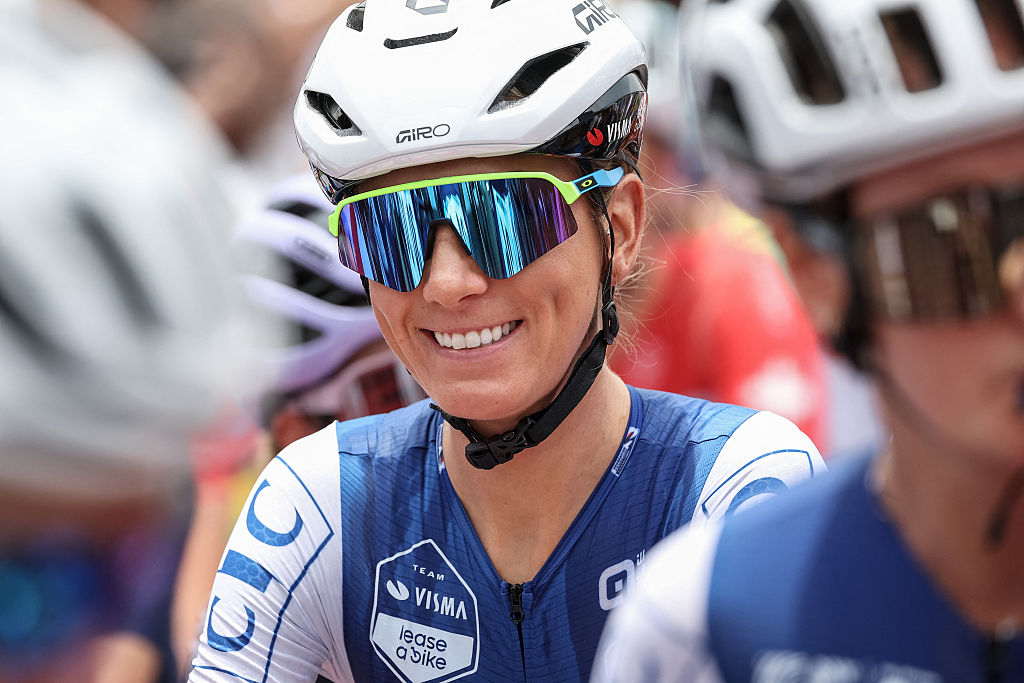Lotz confirms doping at Rabobank, Wauters denies it
Confidentiality clause stops Rasmussen discussing his past
The latest race content, interviews, features, reviews and expert buying guides, direct to your inbox!
You are now subscribed
Your newsletter sign-up was successful
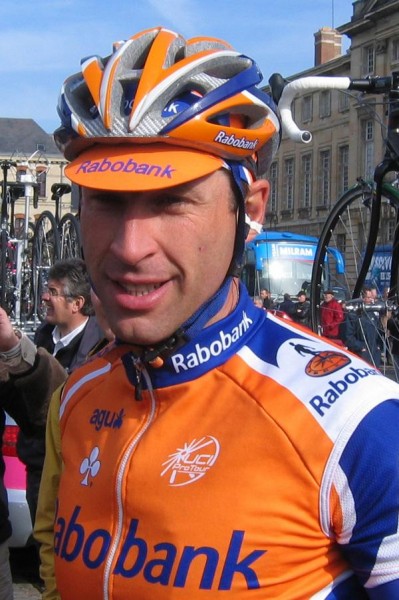
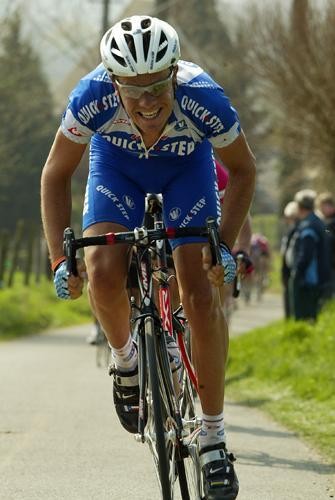
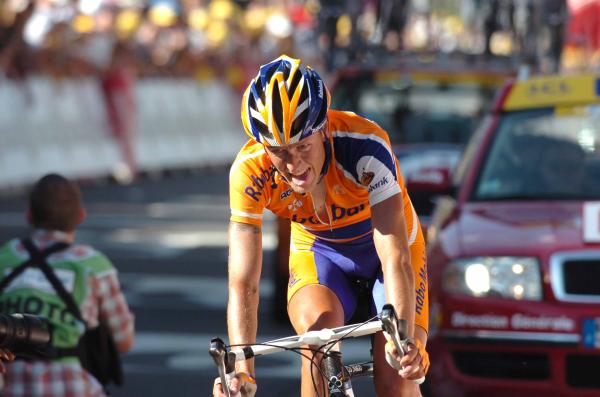
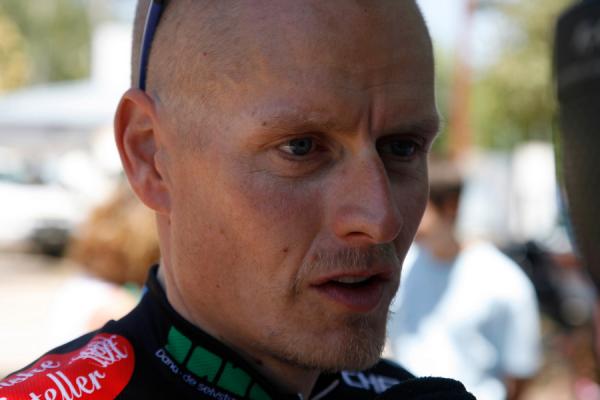
The disclosures of doping at the Rabobank team continue to emerge, with Marc Lotz confirming that he also used doping products whilst at the Dutch team. However Marc Wouters has insisted he did not dope, while Michael Rasmussen is prevented from discussing the subject, his current team manager says, but may well have something to contribute to the discussion.
Rasmussen suit against Rabobank still pending
Report: Leipheimer names Leinders in Rabobank doping
Boogerd doesn't want to be a scapegoat in Rabobank's doping
Dekker, Wauters deny doping whilst riding for Rabobank
Second witness comes forward on Rabobank doping
Over the weekend, Thomas Dekker told the NRC Handelsblad newspaper that “doping was a way of life” at the team, and that “doping was part of the job.” He rode for the Dutch team from 2005 to 2008. But there was also doping earlier at the team, according to Danny Nelissen, who was with the team for two years. He confirmed that he had was injected with EPO by team doctor Geert Leinders at the 1996 and 1997 Tours de France.
Now Lotz has added his voice to the list of confessions. He was with the Rabobank team from 1997 to 2004, and said that in 2001, “I started using stimulants, steroids and EPO. I heard in the peloton around me what was happening. I did it to remain competitive, even as a helper,” he told the Limburg broadcaster L1.
Lotz did it all his own, he claimed. “The team gave me nothing, a doctor helped me,” but he would not say whether Leinders was the doctor involved. He also denied ever having used growth hormones or blood transfusions.
Wauters, now a sport director with Lotto Belisol, said he had no contact with doping in his years at Rabobank: 1998 to 2006. He won the second stage of the Tour de France in 2001, moving him into the yellow jersey for one stage.
“If I'd used EPO, I wouldn't have lost the yellow jersey the day after my stage win,” he told the Gazet van Antwerpen.
On that next day, “I had very bad legs,” he said. “I felt totally unrecovered, so I had a bad day in the Ardennes. With doping that would have gone differently, I would have been much stronger.”
The latest race content, interviews, features, reviews and expert buying guides, direct to your inbox!
Wauters did not have anything bad to say about Leinders. “I've never notice bad things. He had my trust," he said.
“I see my yellow jersey hanging here in my living room. There is not a black spot on it. It is very clean.”
Rasmussen can't discuss Rabobank doping
Much of Michael Rasmussen's past at Rabobank has already emerged but he claimed he can't publicly address the issue because of the risk of having to pay a fine for violating a confidentiality agreement with his current team. However Claus Hembo, the CEO of his current team, Christina Watches, has hinted that Rasmussen may have something to say in the future.
The NRC eport said that Rasmussen used five blood bags, and 100,000 units of EPO. cortisone and growth hormones during the 2007 Tour de France. which he rode for Rabobank. He was removed from that Tour whilst wearing the yellow jersey after a scandal about his whereabouts before the race exploded.
“My feeling is that the entire peloton in 2007 was not riding in legal means,” Hembo told the Danish newspaper Ekstra Bladet. “Even Michael.”
While he would not directly comment on whether Rasmussen has discussed doping with him, he said, that “in this context I would then say that I think that Michael really wants to tell what happened. But he has a confidentiality agreement with Rabobank, which would cost him 250,000 ($45,000) every time he says something on the matter."
“We have been trying to get the agreement lifted so he can tell his version from 2007. But Michael now has a trial running against Rabobank and therefore also the duty of confidentiality, he cannot say anything.”
Hembo tried to put Rasmussen's past behind him, insisting his often controversial Continental team is now racing clean.
“It happened in 2007, when everyone rode against each other, on equal terms," he said. "Today we have Michael and a very clear position. We will have a completely clean cycling team. It should run on love and spring water.”

